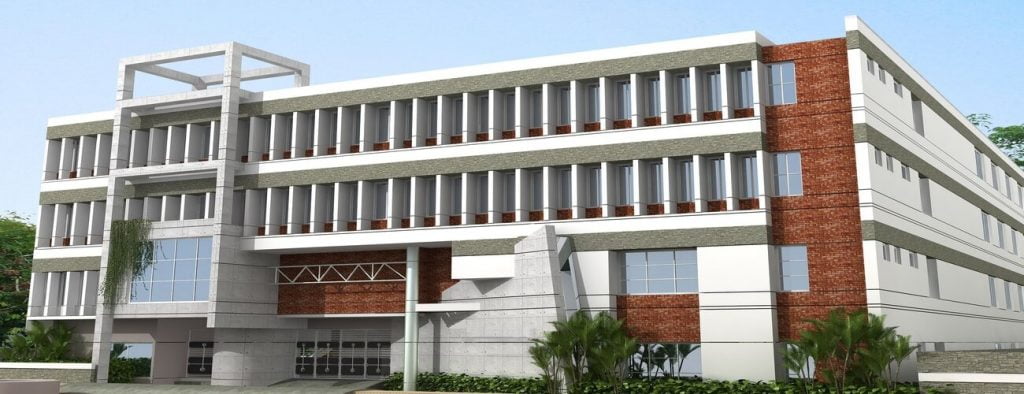
In the dynamic world of technology and innovation, a diploma in engineering stands as a gateway to a plethora of
opportunities. Combining theoretical knowledge with hands-on experience, this program equips students with the essential
skills to tackle real-world engineering challenges. A diploma in engineering not only offers a comprehensive understanding of
the subject but also prepares individuals for a successful career in various industries. The Curriculum and Specializations
A diploma in engineering typically spans three years and covers a diverse range of subjects. The curriculum is meticulously
designed to strike a balance between theoretical concepts and practical applications. Students are exposed to core
engineering subjects such as mathematics, physics, and computer science, providing them with a strong foundation.
Additionally, they can choose specialized tracks like mechanical, electrical, civil, or computer engineering, allowing them to
tailor their education to their interests and career aspirations.Hands-On Learning
One of the key strengths of a diploma in engineering is the emphasis on hands-on learning. Students engage in laboratory
sessions, workshops, and projects that mirror real-world scenarios. This practical approach enables them to develop
problem-solving skills, learn to use various tools and equipment, and gain a deep understanding of the engineering principles
they study in theory.
Industry-Relevant Skills
Diploma programs are designed in close collaboration with industries, ensuring that graduates possess the skills demanded
by employers. As students work on projects and internships, they learn to apply their knowledge to solve practical problems.
This experience is invaluable, as it enables them to seamlessly transition into the professional world after graduation.
Career Opportunities
Upon completing a diploma in engineering, graduates are well-equipped to enter the workforce with confidence. They can
find employment across various sectors, including manufacturing, construction, technology, and telecommunications. Career
opportunities include roles like junior engineers, technicians, quality control inspectors, CAD designers, and more.
Furthermore, the demand for skilled professionals with a diploma in engineering is consistently high, making it a rewarding
career choice.Pathway to Further Education
A diploma in engineering not only opens doors to immediate job opportunities but also provides a pathway for further
education. Graduates can choose to pursue advanced degrees, such as bachelor’s or master’s degrees in engineering or
related fields. This enables them to specialize further, conduct research, and potentially advance to leadership positions.
Conclusion
In conclusion, a diploma in engineering offers a comprehensive and practical education that prepares individuals for a
successful career in the engineering industry. Through a balanced curriculum, hands-on learning, and industry collaboration,
students acquire the skills and knowledge needed to excel in a rapidly evolving technological landscape. Whether launching
a career immediately or pursuing further education, a diploma in engineering sets the stage for a promising future filled with
innovation and growth.
